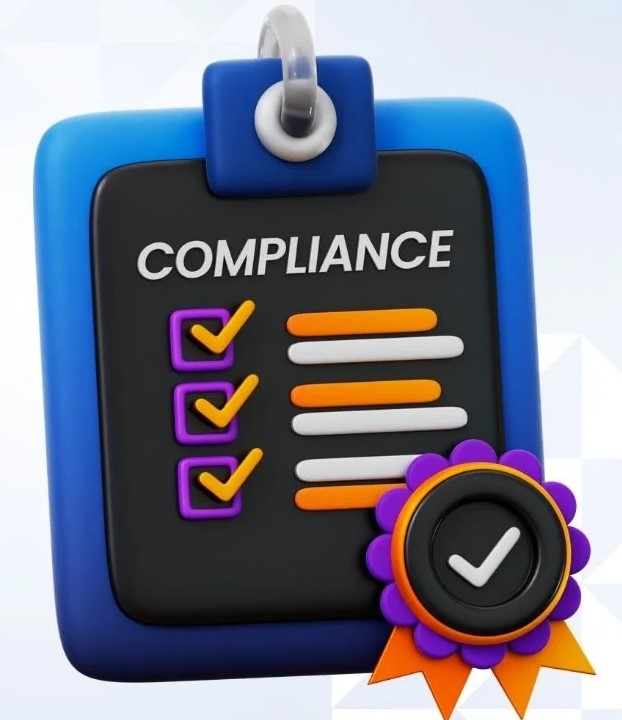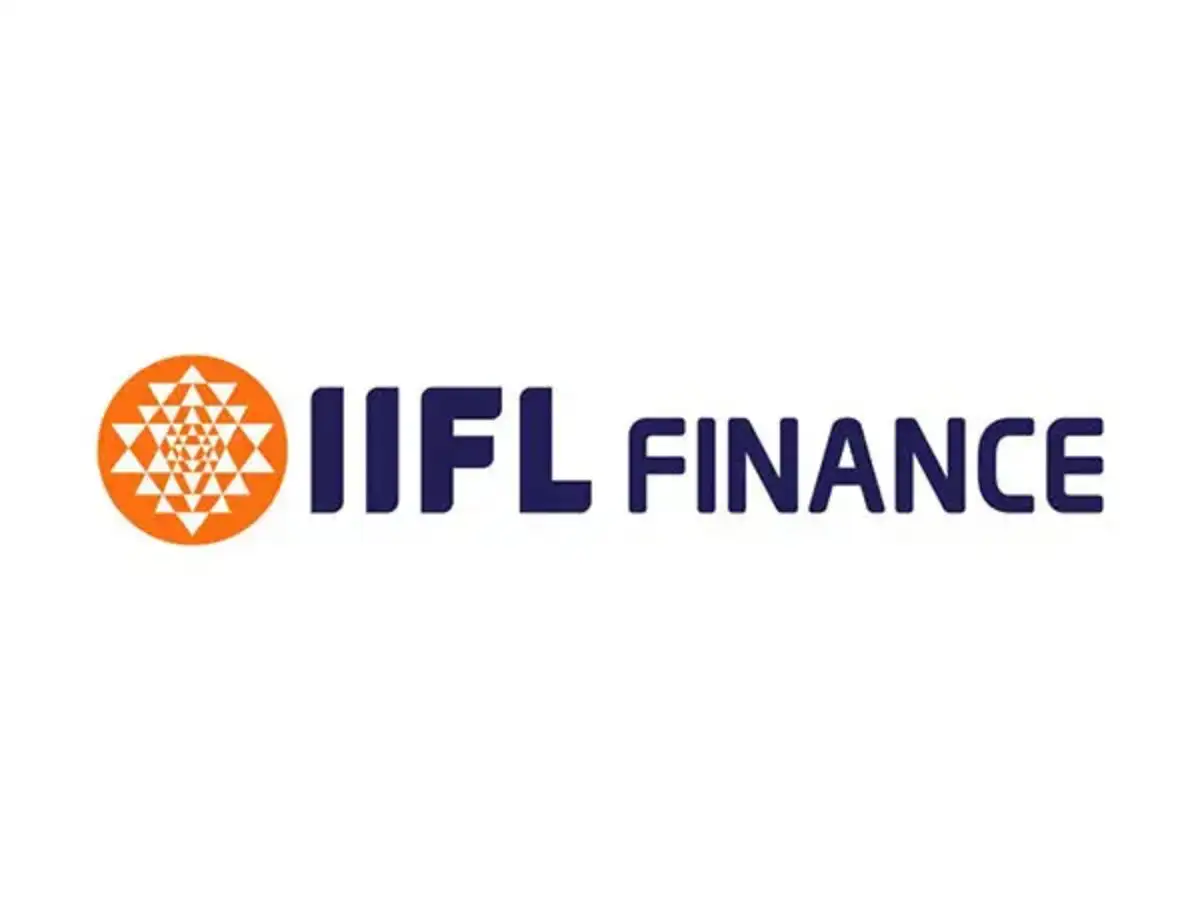Global Expansion Strategies for FinTechs in Emerging Markets: A Playbook for Leaders
2nd August 2025
 Biometric Payments: The Next Big Trend in Secure Transactions
Biometric Payments: The Next Big Trend in Secure Transactions
 The Evolution of Fintech Regulation: What’s Next?
The Evolution of Fintech Regulation: What’s Next?
.jpg) The Future of Payments: Trends Reshaping Transactions in 2025
The Future of Payments: Trends Reshaping Transactions in 2025
 The Role of Cryptocurrencies in Cross-Border Payments
The Role of Cryptocurrencies in Cross-Border Payments
 Top Fintech Innovations Shaping 2025: The Future of Finance
Top Fintech Innovations Shaping 2025: The Future of Finance
 The Impact of 5G on Fintech Services
The Impact of 5G on Fintech Services
 The Rise of Contactless Payments: Benefits and Security Concerns
The Rise of Contactless Payments: Benefits and Security Concerns
 How Open Banking is Shaping Financial Services Globally
How Open Banking is Shaping Financial Services Globally
 What the Future Holds for Digital-Only Banks: Navigating the Next Era of Banking
What the Future Holds for Digital-Only Banks: Navigating the Next Era of Banking
 QR Codes and the Cashless Leap: Transforming India's Financial DNA
QR Codes and the Cashless Leap: Transforming India's Financial DNA
 How AI is Transforming the Credit Scoring System
How AI is Transforming the Credit Scoring System
 Flipkart Gets a Lending Licence: A Bold Leap into Embedded Finance
Flipkart Gets a Lending Licence: A Bold Leap into Embedded Finance


26 March 2025
5 min read
188
Introduction:
The rapidly growing nature of fintech innovations often leaves regulatory frameworks struggling to catch up, resulting in regulatory uncertainty. As fintech continues to evolve and disrupt traditional financial systems, it becomes crucial for businesses to ensure that they maintain a balance between innovation and regulatory compliance.
In this blog, we explore how fintech companies can remain transparent with customers while mitigating security risks by adhering to government norms. Understanding how regulation works in the fintech industry is vital not only to avoid penalties but also to build trust with users and create a sustainable business model.
How Does Regulation Help Create a Future-Proof FinTech?
Regulation provides a framework that ensures that fintech companies operate within the boundaries of the law, promoting stability and confidence in their services. A strong regulatory foundation mitigates risks, especially as fintech involves handling sensitive financial data and transactions.
By adhering to regulatory policies, fintech companies can:
Being proactive about meeting regulatory standards helps future-proof your fintech business, allowing it to thrive in an increasingly regulated landscape while avoiding operational disruptions.
Understanding What the Regulatory Policies Are, You Need to Be Compliant With
Navigating the world of fintech regulations can be daunting, as different countries have different requirements. However, staying informed about the regulatory policies you need to comply with is crucial. Some common regulations that fintech companies must follow include:
It’s vital to stay updated on the regulations specific to your region or market to ensure full compliance.
Leveraging the Right Technologies for Regulatory Compliance
Adopting the right technology stack is essential to maintaining compliance with ever-evolving regulations. Here are some key technologies that fintech companies should consider:
These technologies help to streamline compliance efforts, reducing the cost and complexity of regulatory management.
Adopting a Proactive and Holistic Approach to Regulatory Compliance
Compliance is not just about reacting to regulations when they emerge; it’s about having a proactive, holistic approach to regulatory compliance. This approach involves:
By adopting a proactive strategy, fintech companies can stay ahead of regulatory changes and minimize disruptions to their operations.
How to Keep Pace with Regulatory Guidelines Within Timeline?
Regulatory guidelines evolve rapidly, making it a challenge for fintech companies to stay ahead. Here are some strategies to keep pace with these guidelines:
Staying ahead of compliance regulations not only ensures that your company avoids legal penalties but also enables you to provide better, more secure services to your customers.
Conclusion
In the ever-evolving world of fintech, regulatory compliance is more than just a legal obligation—it’s a critical operational pillar for long-term success. Adopting a proactive, tech-enabled approach to compliance ensures that fintech companies remain future-proof, transparent with their customers, and secure from potential risks.
By staying informed, leveraging the right technologies, and keeping pace with evolving regulations, fintech companies can navigate this complex landscape and continue to innovate while maintaining customer trust and operational stability.
Read Next
 Blog
Blog
.jpg) Analysis
Analysis
 News
News
 News
News
 News
News
 News
News
Live Polls
Live Discussion
Topic Suggestion
Whom Do You Wish To Hear
Sector Updates
Leave your opinion / comment here